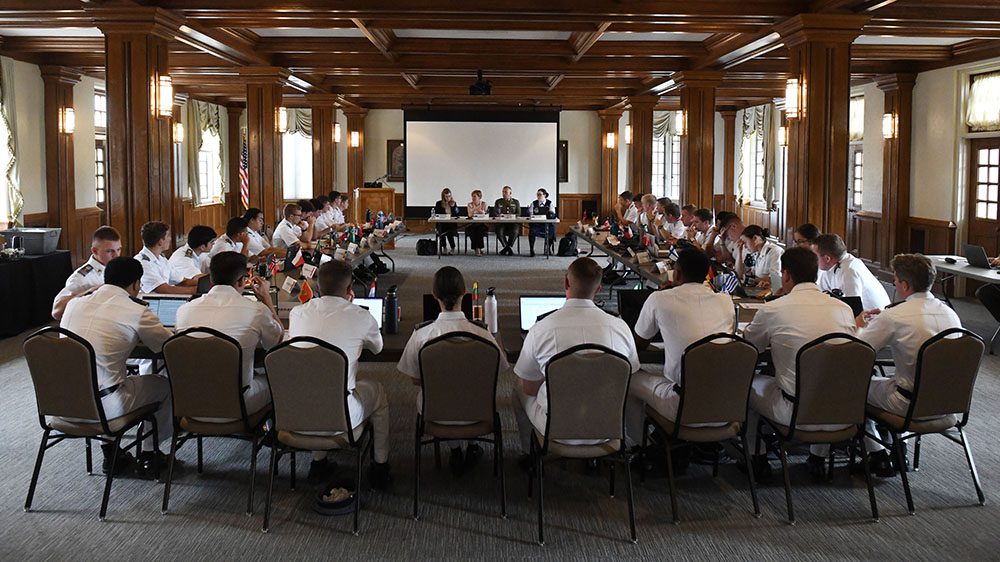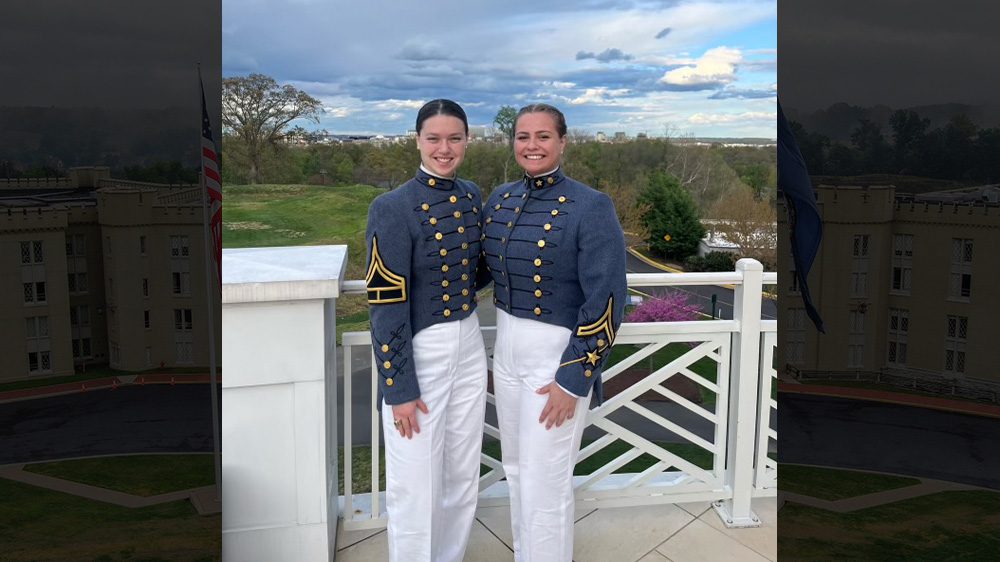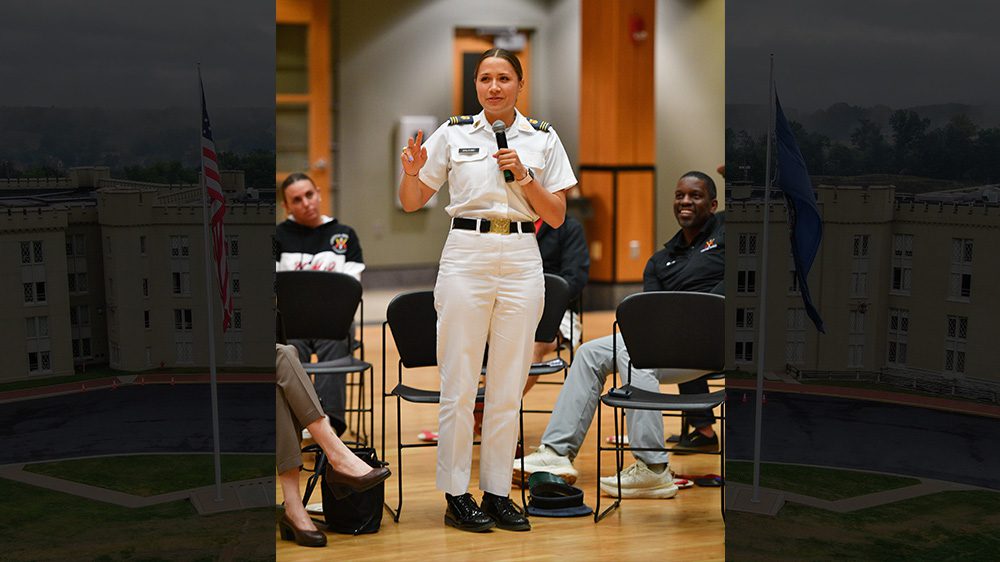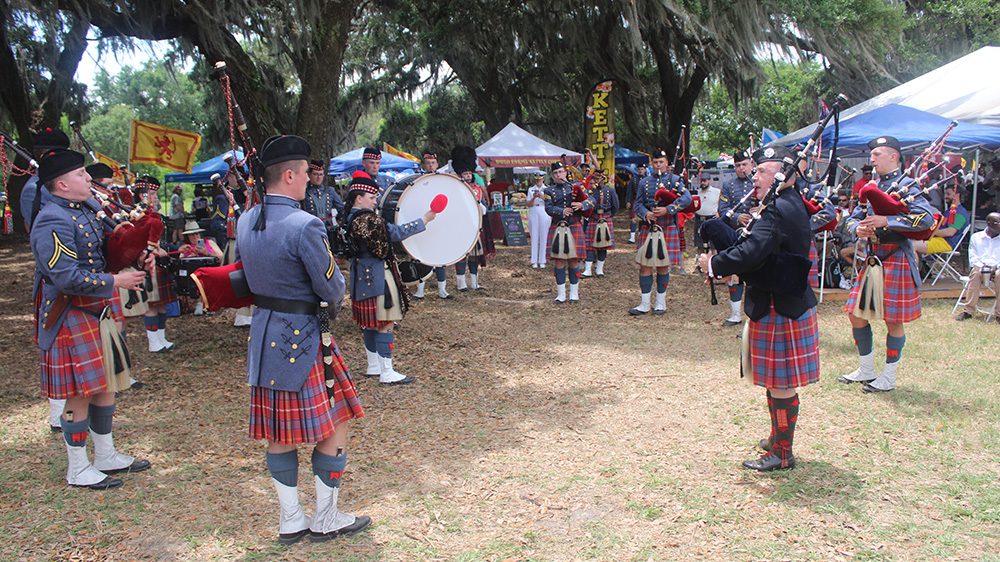A model NATO simulation was held at Virginia Military Institute recently, where 32 cadets spent the day representing the various NATO member countries and solving a problem through negotiations. The event was hosted by the Department of International Studies and Political Science in collaboration with NATO’s Allied Command Transformation headquartered in Norfolk, Virginia.
NATO is the shortened name for the North Atlantic Treaty Organization, an intergovernmental military alliance between 31 member states—29 European and two North American. Sweden is in the process of becoming the 32nd member. NATO’s fundamental goal is to safeguard the Allies’ freedom and security by political and military means. NATO remains the principal security instrument of the transatlantic community and expression of its common democratic values.
Four staff members from ACT were in attendance and played crucial roles in the model: Secretary general, who moderated the event; assistant secretary general; chairman of military committee; and scenario manager. ACT conceived the true-to-life scenario the cadets discussed and will take the same scenario to other colleges and universities around the world.
According to Maj. Tim Passmore, Ph.D., assistant professor of international studies, the scenario regarded African countries that are not members of NATO and the threat of terrorism on that continent. He explained, “The rapid re-emergence and strengthening of terrorist groups in Africa poses a political, economic, and social threat to NATO members. Therefore, the question the cadets considered was, ‘Should NATO politically and militarily engage in fighting terrorism in Africa?’”
Cadet Julie Freitas ’25, an international studies major who represented the country of Germany, said, “From this experience, I learned so much by participating in group discussions. Although preparation is key to succeeding, those kinds of discussions bring up different points of view which caused me to think differently. That honestly surprised me.”
Cadet Luke Rose ’24, also an international studies major who represented Norway, said, “The NATO model event was a great opportunity to work with my peers to solve real-world problems. The event challenged us to a tough situation and taught us a lot about the process of NATO. I enjoyed working alongside my classmates to come up with a solution. It was great to see the effort and commitment of everyone who took part in the event.”
Passmore plans to repeat the event annually and develop a collaboration between VMI and NATO.




